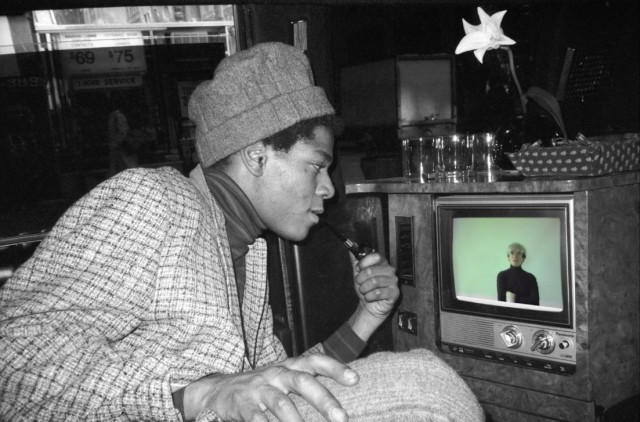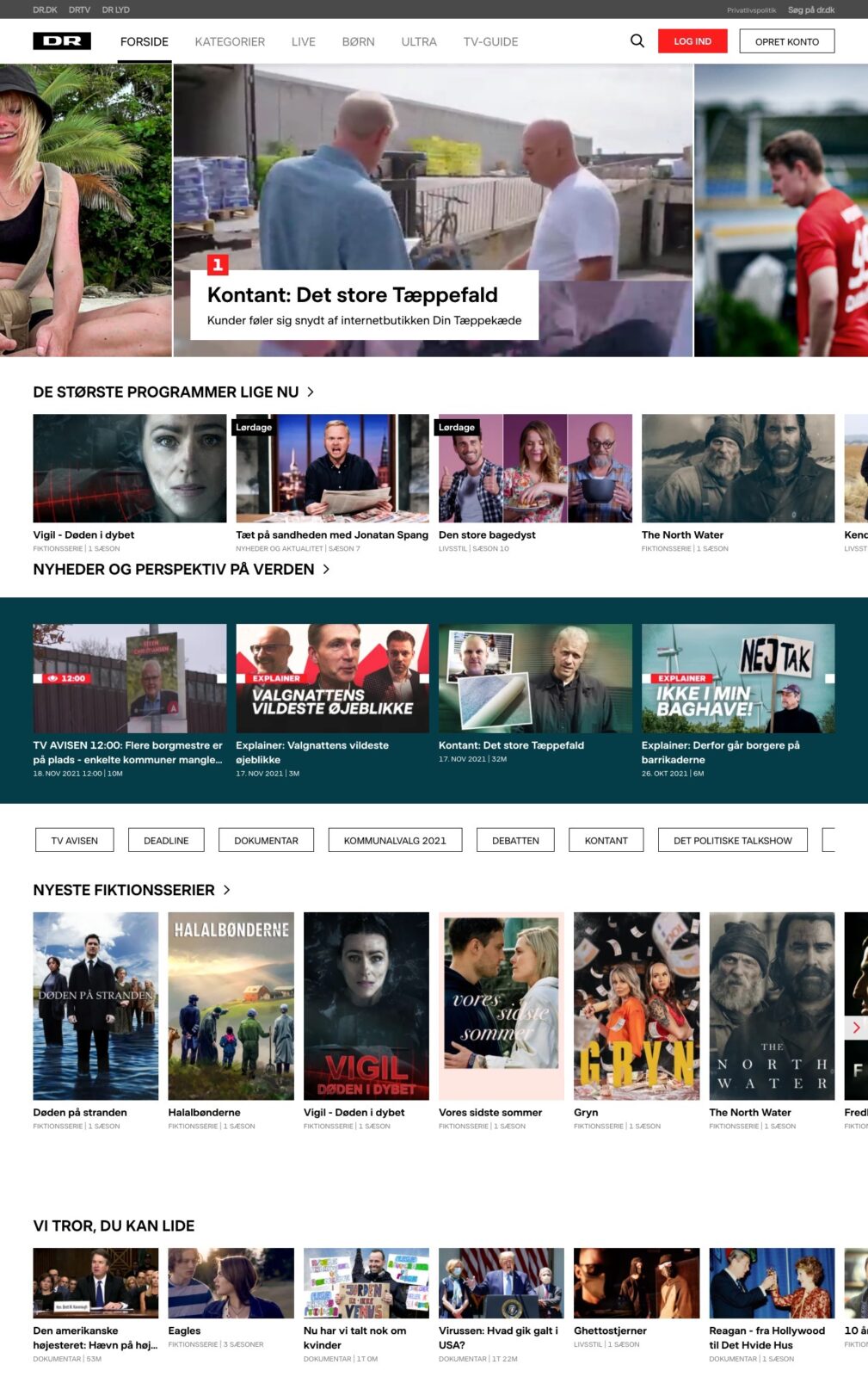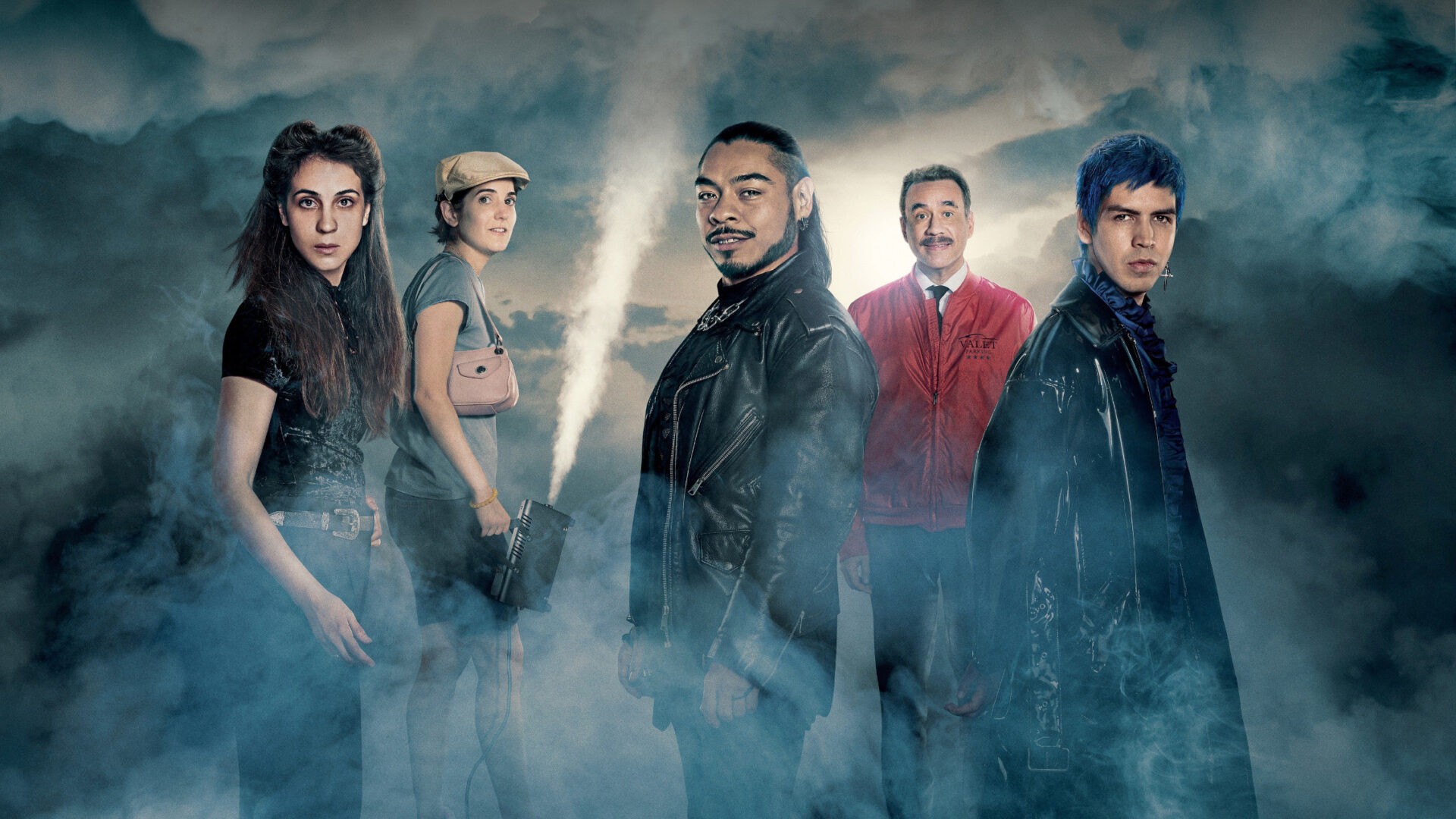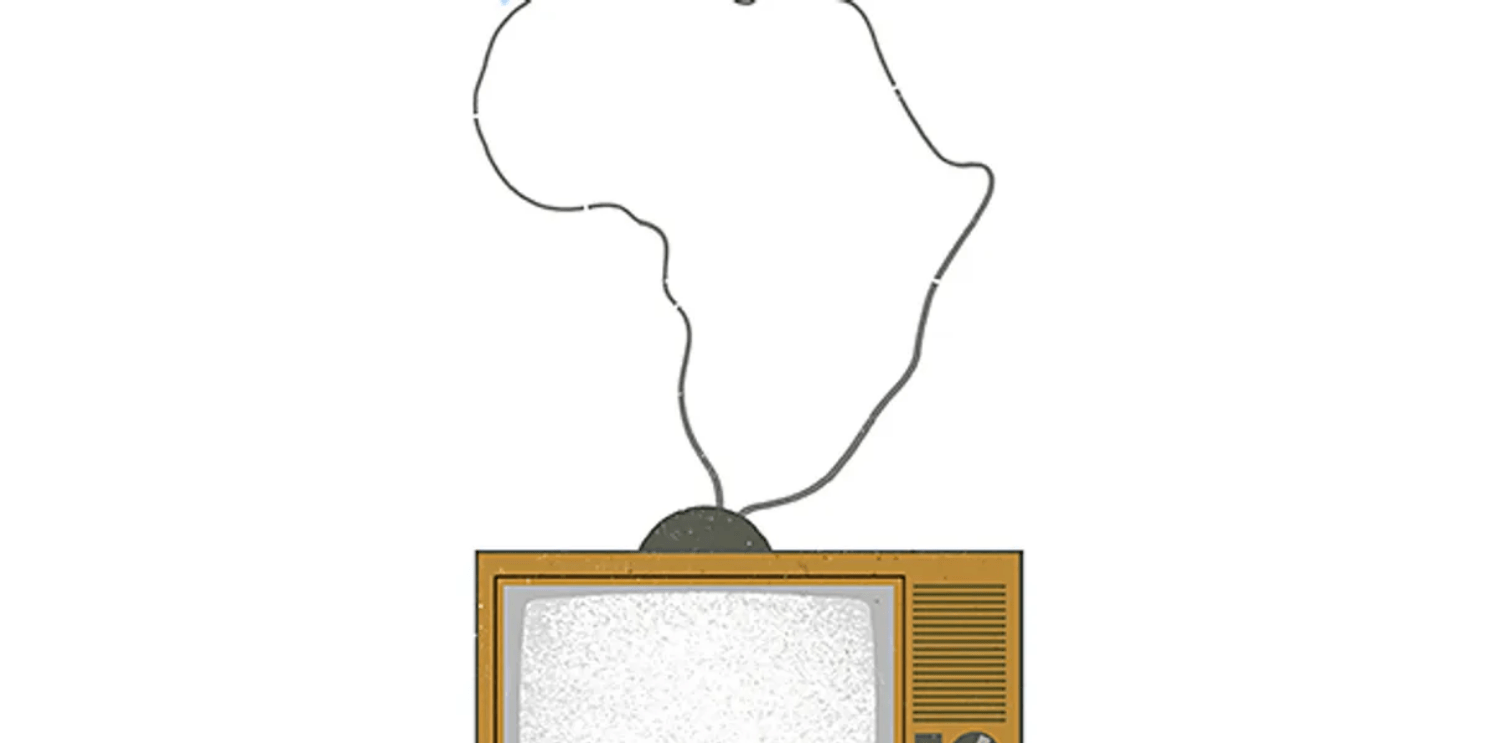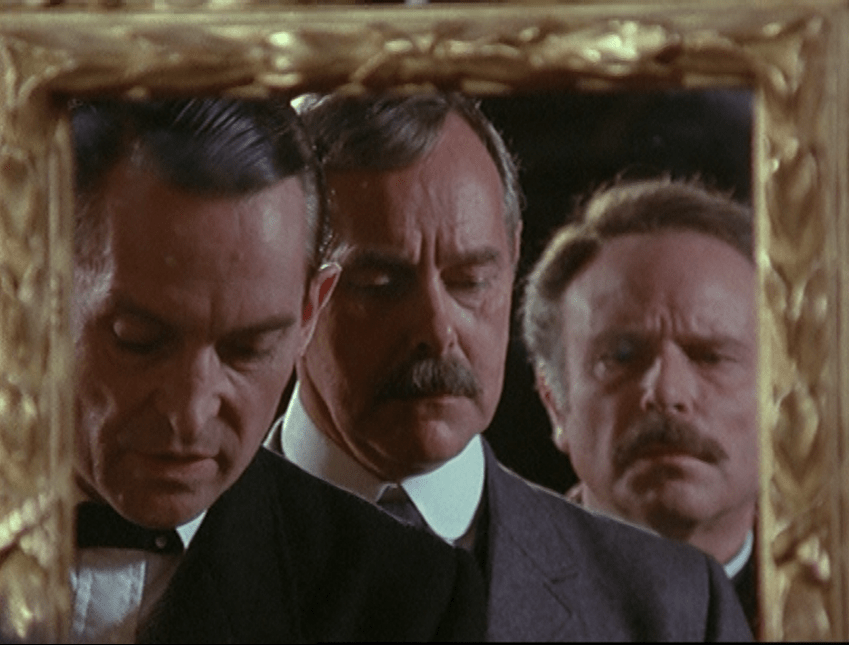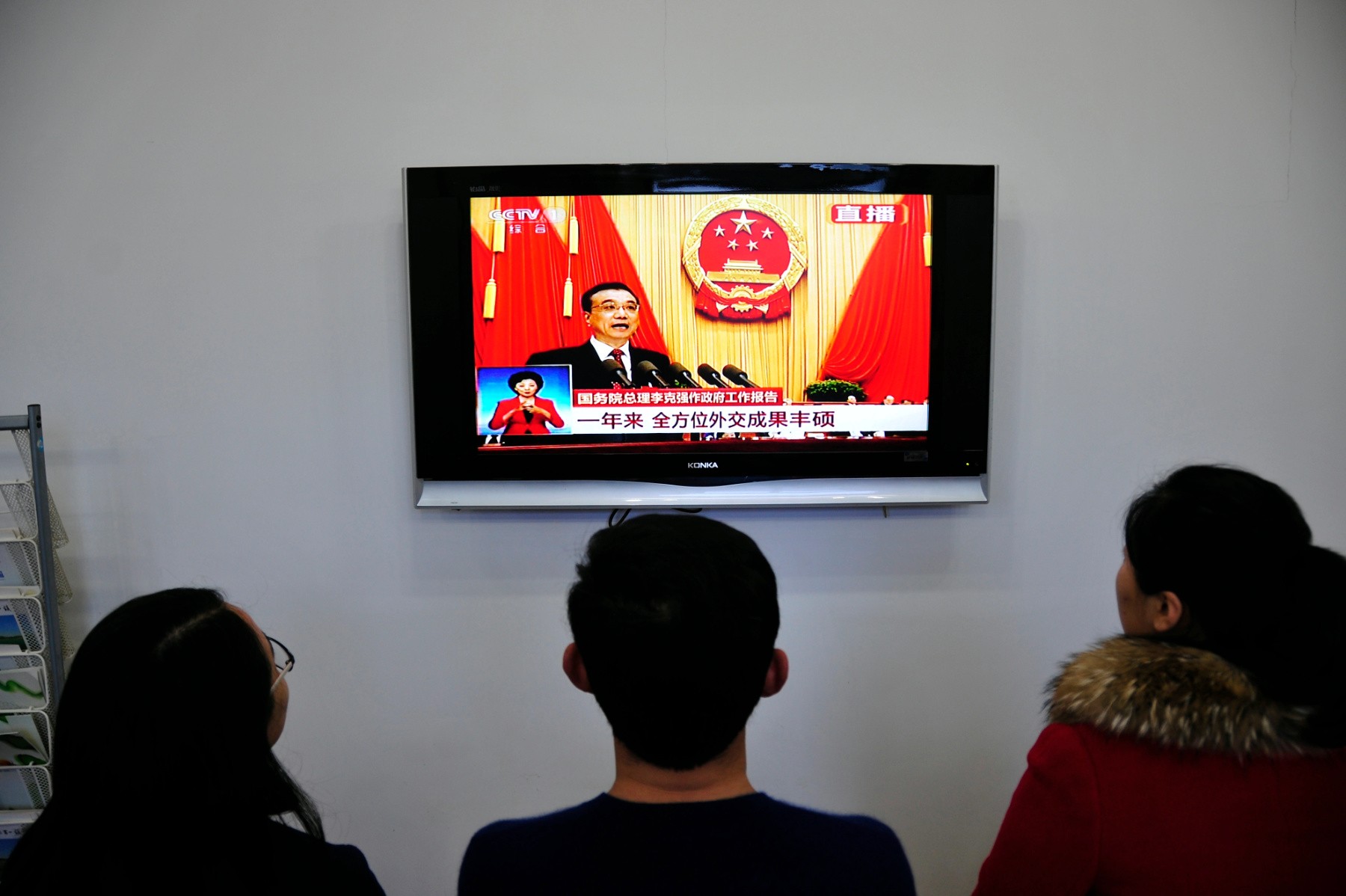
A review of the 6th Chinese TV and Audio-Visual Research Conference (CTARC) From the first TV station in Mainland China in the 1950s, Chinese TV’s history is one filled with political dynamics. It was initiated as a propaganda tool whilst gradually developing as a popular medium for public entertainment, education, and enlightenment.


